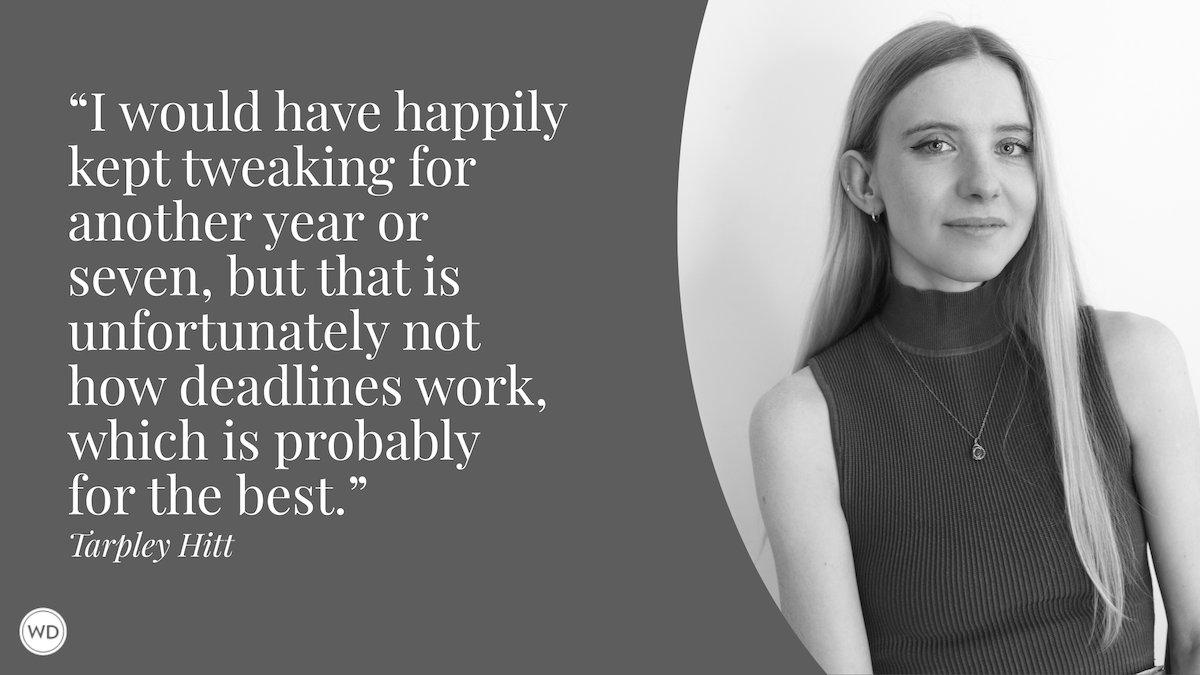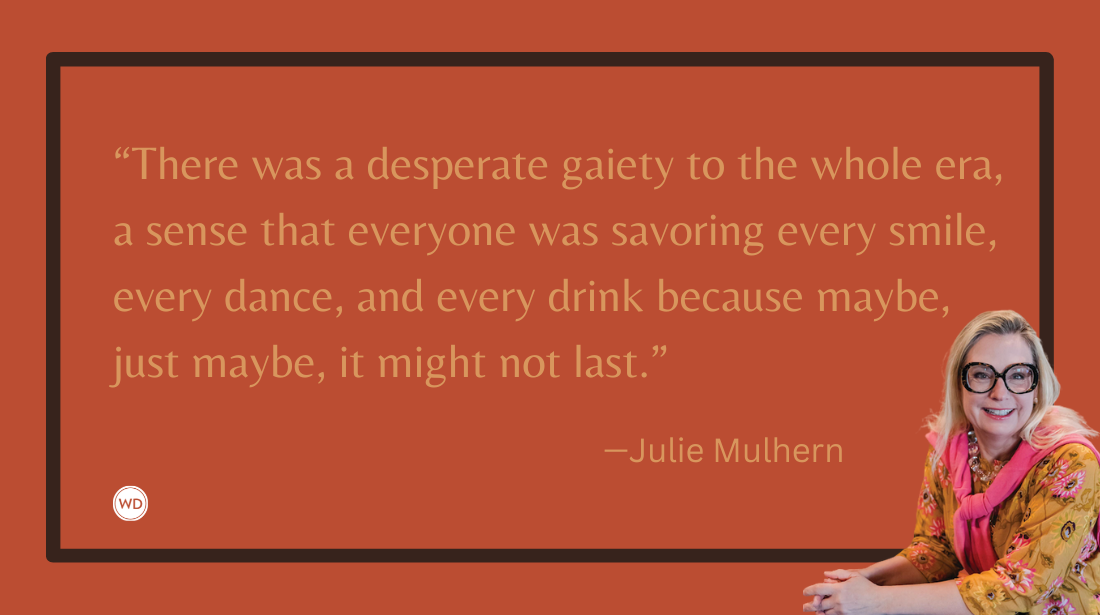Advice vs. Advise (Grammar Rules)
Learn when to use advice vs. advise with Grammar Rules from the Writer’s Digest editors, including a few examples of correct usages.
With all the advice doled out on this site, it's sort of surprising that I'm only now getting around to advising writers on when to use advice versus advise. But better late than never, right?
Let's look at the difference between advice and advise, along with advice on when to use each and examples of correct usage!
Advice vs. Advise
Advice is a noun that refers to the guidance, counsel, or recommendation offered by one person or authority to an audience. For instance, this post includes advice about when to use advice versus advise. However, a person could also offer up advice about golfing, hand washing, or just about anything.
Advise, on the other hand, is a verb that refers to the actual act of offering guidance, counsel, or recommendations. When someone offers advice, they are advising them how to handle a situation or accomplish something.
Make sense?
Let's go through a few examples:
Correct: After receiving his advice, I became a much better public speaker.
Incorrect: After receiving his advise, I became a much better public speaker.
Correct: Please advise the children to refrain from running beside the swimming pool.
Incorrect: Please advice the children to refrain from running beside the swimming pool.
Correct: When I advise you to do something, I expect you to take my advice.
Incorrect: When I advice you to do something, I expect you to take my advise.
Remember that "advice" is a noun and "advise" is a verb, and you should be good to go. But if you need a trick, use the "s" in advise to remember that it's "s"aying the guidance, while the "c" in advice is the a"c"tual guidance.
*****
No matter what type of writing you do, mastering the fundamentals of grammar and mechanics is an important first step to having a successful writing career.









